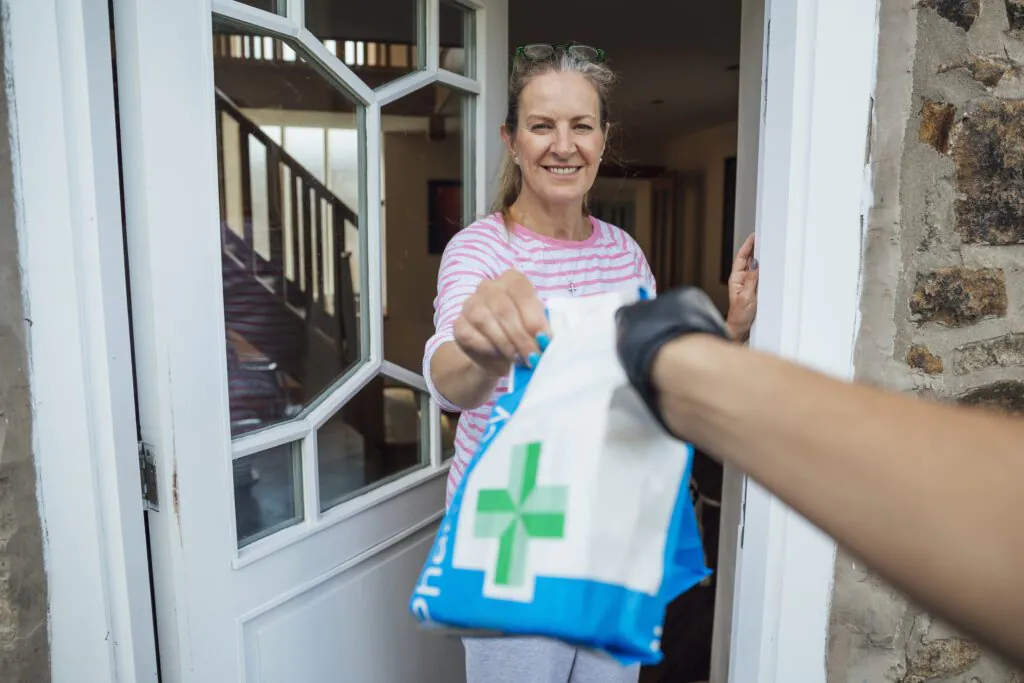
Situation
“Thank you very much for your help and support,” one patient of the program wrote. “Thanks to your program and your wonderful team I am alive today. You’ve given me a second life — and hope.”
Many patients in Ukraine face significant challenges when prescribed innovative, higher-cost medication due to affordability challenges. Many Ukrainians are unable to afford the cost of their medicine on their own. A lack of government reimbursement or other financing options leave many patients responsible for costs they aren’t able to cover on their own. Instead, patients are often forced to discontinue or interrupt their prescribed treatment, resulting in less-than-optimal medical outcomes.
These factors were made worse by COVID-19. A significant number of hospitals canceled medical procedures not related, such as treatment infusions, to the coronavirus in order to reallocate resources to treat the global pandemic. Patients who needed these procedures were left with no options. For patients whose procedures were not canceled, many faced the additional financial burden of mandatory COVID-19 tests before they could enter the hospital. Additionally, many Ukrainians were no longer able to travel to their hospital for care and treatment because the pandemic caused the suspension of public transportation and the closure of certain parts of the country for quarantine.
Solution
Axios believes that effective treatment adherence programs are personalized to the needs of individual patients. To design a more effective solution to help patients stay on treatment, Axios turned to its proprietary Patient Needs Assessment Tool (PNAT).
PNAT assesses the risk factors that could lead the patient to stop treatment and helps determine the most effective adherence interventions for that particular patient based on his/her identified risk factors. It was built around the five dimensions of adherence set by the World Health Organization (WHO). It uses a qualitative and semi-quantitative questionnaire to identify and document individual patient risk factors and apprehensions that may lead to poor adherence or discontinuation of treatment. The results are then used to develop a personalized adherence plan targeting these risk factors to support patients in their treatment journey.
In the case of MS patients in Saudi Arabia, in partnership with the Ministry of Health, local MS patient associations and other parties, the following services were made available to improve treatment adherence and improve a patient’s quality of life:
- Educational sessions for patients to increase awareness and knowledge about MS and treatment
- An on-demand support careline to receive and answer patient queries
- Ongoing treatment reminders and follow-up plans
- Patient forums to help empower and motivate patients and caregivers
- Auto-injectors to ease a patient’s injecting process, available upon a patient’s request
Results
Through the joint effort of Axios, the pharmaceutical company, and program partners including charities, patient associations, logistics providers, physicians and hospitals, patients enrolled in the PSP were able to continue their prescribed treatment despite the challenges of the coronavirus pandemic. Approximately 600 Ukrainians have been referred to the PSP by 93 hospitals and more than 200 physicians nationwide.

